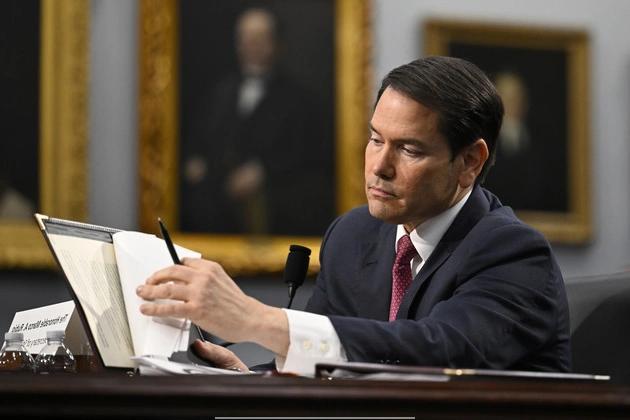
Overview of the Reorganization Plan
Secretary of State Marco Rubio has unveiled a comprehensive reorganization plan for the State Department, aiming to streamline its operations and focus on key priorities. One of the most significant changes proposed is the drastic cut to the human rights bureau, sparking debates and concerns among officials and advocacy groups.
Implications for Human Rights Programs
The proposed elimination of most offices within the Bureau of Democracy, Human Rights, and Labor has raised alarms about the future of critical programs supporting human rights globally. Funding freezes and staff reductions could jeopardize initiatives promoting democracy and civil society in repressive regimes.
Shift in Foreign Policy Focus
As part of the reorganization, new positions reflecting the administration’s foreign policy outlook are set to be created. This includes a renewed emphasis on civilizational allies and concerns over digital censorship, signaling a shift in diplomatic priorities.
Internal Reactions and Criticisms
The proposed changes have sparked internal dissent within the State Department, with some officials expressing concerns about the potential impact on human rights expertise. Critics argue that the reorganization may undermine the department’s ability to address pressing human rights issues effectively.
Future Outlook and Congressional Response
While the reorganization plan has drawn criticism, its fate in Congress remains uncertain. With Democrats potentially pushing back against the changes, the political landscape could shape the future of the State Department’s structure and operations.











